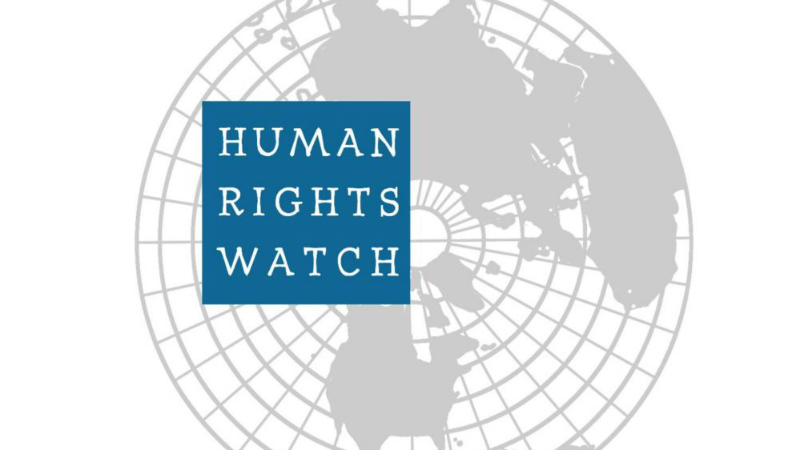Amnesty International and Human Rights Watch publish joint letter on Saakashvili’s health
International human rights organizations Amnesty International and Human Rights Watch called on the Georgian authorities to consider Georgia’s ex-President Mikheil Saakashvili’s release on medical grounds.
Organizations addressed the Ministry of Justice of Georgia with a joint letter on 10 February 2023.
According to organizations, Georgian authorities are denying former President Mikheil Saakashvili adequate medical care, putting him at grave risk of death, permanent disability or other irreversible damage to his health.
“The denial of adequate medical care to Mikheil Saakashvili may amount to torture or other cruel, inhuman, or degrading treatment, and is putting his life at grave risk,” said Denis Krivosheev, Deputy Director for Eastern Europe and Central Asia Regional Officer at Amnesty International. “Deaths in custody resulting from the deliberate denial of health care amount to arbitrary deprivation of life, which is a serious violation under international human rights law. The Georgian authorities should urgently take measures to protect Saakashvili’s health, including considering his release on medical grounds.”
The article states that two independent medical teams have concluded that Saakashvili has developed a number of life-threatening health conditions while in custody for the past 16 months. According to one of them, a group of forensic medical experts, Saakashvili is suffering from psychological, neurological, orthopedic and gastrointestinal conditions that threaten his life and require medical treatment that is not available in Georgia.
The paper notes that according to independent medical experts under the auspices of the Public Defender, who visited Saakashvili on 19 February, his health further deteriorated since their previous visit in December 2022 and he will soon face irreversible organ damage.
The publication underscores that Georgian law provides for courts to grant release of seriously ill prisoners; however, such requests are often denied. On 6 February, a court in Tbilisi declined Saakashvili’s motion filed in December to defer or suspend his sentence on medical grounds. Saakashvili’s lawyers have appealed the decision.
“Medical decisions on the need for ongoing medical care and observation outside of prison or on releasing inmates on grounds of medical necessity should be taken by the responsible health care professionals and not overruled or ignored by non-medical authorities. Georgian law should allow for health care professionals to assess the needs of their patients in prison and allow for them to be transferred to adequate facilities or for medical release where necessary,” article reads.
“A prison sentence should not mean a death sentence, where treatable conditions tragically become fatal,” said Hugh Williamson, Europe and Central Asia director at Human Rights Watch. “The Georgian authorities need to humanize this aspect of the country’s criminal justice system and bring it in line with international standards. They should start by providing remedies that guarantee prompt medical care, and where necessary, that envisage release from custody of anyone who, because of their state of health, is considered incapable of remaining in detention.”

